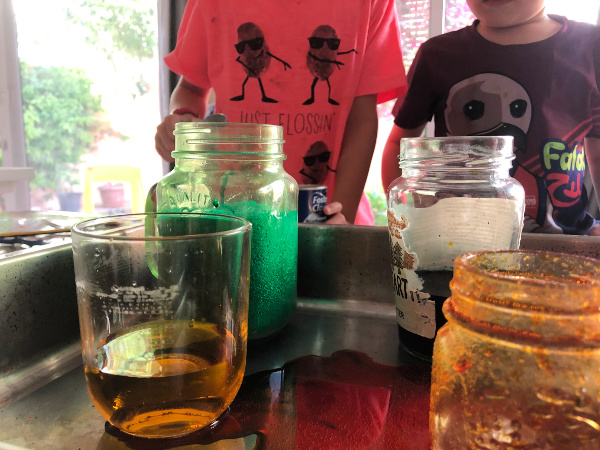Science has a bit of reputation for being boring, but some children will find it a fascinating subject if given the right encouragement and support. There are plenty of ways to support your child’s science learning at home, whilst taking an interest in what they’re learning at school. Here’s some tips from a pre-prep school in Oxfordshire on how to raise a science lover.
Home experimentation
The home environment provides many learning opportunities for science subjects. You could help your child learn while playing, for example, talking about shapes while building a tower with blocks or asking them to weigh ingredients whilst cooking. Get them involved in DIY projects so they can learn about measurements and different materials and tools and make bath time a learning experience by encouraging your child to play with different liquids. There are no end of activities you can do at home to apply what your child has learnt in the classroom to real life.

Learn in different environments
Why not visit a natural history museum to bring science subjects to life and show your child a different perspective on topics? Whilst being a fun and enjoyable activity, this kind of thing will also help your child remember key information about subjects, which they can then apply in the classroom. Seeing your enthusiasm for the subject will also rub off on them as you take an interest in what they’re learning. You could also take learning outside and spend time in nature talking about animals and wildlife, or the weather and changing seasons. Make sure to ask lots of questions and get your child thinking and finding things out for themselves.
Science clubs and activities
There are many clubs and activities your child could get involved in which revolve around science. For example, coding clubs are gaining in popularity, and activities like beavers or scouts will help your child learn about the great outdoors and the scientific principles which govern it. Clubs like these will help foster their interest in science, as well as allowing them to make new like-minded friends.
Science is an important subject, and some children will find it an endlessly fascinating one. You can help nurture this interest by finding out what they’re learning at school and seeing how you can apply this at home or outdoors. You never know, your child might end up in a science career when they’re older.
